
Welcome to From the Batman News Desk, a new series of op-eds and articles covering various aspects of Batman history. Each week one of the Batman News writers will share their thoughts on Batman characters and concepts across comics, film, television, and more.
We live in a time of nostalgia. We, as a culture, cling to it. This is human nature. Truly, we have always been fascinated by our past, but never before the last century have we been able to access it with such ease.
In 1923, only 1% of households in the United States owned a radio; telephones, while more common, were just catching on. Television didn’t exist, and films were silent. Comics didn’t publish superheroes. A person’s nostalgia was limited by the realities of their life. If you wanted to remember the past, you might be able to look at an old photo or read a book but access to these would be limited for many people. Nostalgia was more self contained and less commercialized, but as we developed more and more ways to document the world, this has changed. The monoculture created by everyone suddenly having access to the same entertainment and news from a small few sources resulted in the appeal of sequelization. If ten million people tuned in to see a movie, then it became expected that a follow-up would garner a larger guaranteed audience compared to an original concept.
Superhero comics’ development is a product of this situation. A comic book was initially a disposable item. Something to be read and then thrown away. Cheap entertainment. The characters within were likewise cheap. The creators of Batman and Superman certainly never expected their continued popularity or deep cultural impact. For superheroes to be called, by some, a modern mythology would be inconceivable to anyone involved with the early days of the genre. The characters were simple and totemic enough that they allowed for redefinition and the deepening of lore, but it was never intended from their inception.
 He’s changed a bit.
He’s changed a bit.Today, it feels like these characters have stagnated, leading to what feels like an endlessly growing lack of relevance faced by the comic book medium. Yet we can’t let them go, and we can’t let them change. Boundless nostalgia prohibits this. We remember the first Batman comic we read, the first one that blew our minds, the time in our lives when Batman became some part of our identity. Often, we agree that Batman comics aren’t as good as they used to be, but why is the proposed solution always to get back to what worked forty years ago? Why not assume that the problem could be fixed by inventing something new? One hundred years ago these weren’t issues for anyone. New stories focused on a singular character (ostensibly with continuity) weren’t published every week from the day of a person’s birth to their death. The average person in 1925 might well imprint on a character in a book, but once they had read that piece of literature, there was nothing to betray them. No half-baked sequel where Ebenezer Scrooge teams up with the spirits of Christmas to fight an embodied form of his now-evil purest self while hopping through the multiverse would or could exist.
 Subtle, I know.
Subtle, I know.If we consider every comic with Batman printed on the cover a sequel, then it is quite possible this character is more published than any other character ever invented. There is always another story to tell, but every time a new creator puts their stamp on Batman, it gets harder to tell one that stays true to him. Still, it is a unique problem to the 21st century that we continue to cling to a need to produce new stories for a character that stopped breaking new ground at least twenty years ago and was created sixty years before that. If we, for a moment, consider what the landscape of comic books would look like in a world without nostalgia, I think we’d find it very different. Would these characters have been published past the mid-80s? Or even the 50s? Without nostalgia, there would be no reason to save these characters in a down period. Why not abandon them to create something new? As it stands, we have weathered these storms because of everyone who continues to love characters that had an impact on them as kids.
Let’s be clear; I don’t think there’s anything inherently wrong with nostalgia and I don’t think we should throw superheroes in the trash and move on. Rather, what we do need is to step back and consider these characters with more perspective: a balance. If we want them to endure, they cannot continue to be written for the sake of nostalgia. Constant in-references and callbacks, stagnant status quos, and putting all the toys back in the toybox when a story ends are problems at this point. It keeps Batman recognizable, yes. A reader can return 10 years later to the comfort of nostalgia, but it will always be a pale reflection. We have the old stories. Collected editions and back issues aren’t going anywhere. New stories need to be new. There’s a reason stories like The Dark Knight Returns or Knightfall were so successful, and it isn’t just because they reminded people why they liked this character. These tales sold people on the character for the first time.
 Batman had never looked like this before.
Batman had never looked like this before.Some nostalgia is good. It leads to reinvention and iteration. It’s part of the human experience to honor the past with new ideas. Often, the best sequels are written by people who hold no special regard for a character. Of course, respecting what has come before remains essential but without preconceptions about what should or can be, their creativity is allowed to flourish. It’s when excessive stagnating nostalgia sets in that the problems arise: When we can’t move on. When a dead character is brought back to life because a writer remembers reading about them as a kid. When new or different starts to mean bad.
In the end, I can’t offer a clear cut solution. The overarching topic is creativity and, in matters of creativity, there is no correct answer. Still, there are wrong answers, the trap of excessive nostalgia being one of the greatest we currently face. Ironically, it’s a new problem and it’s one that both we as the audience and DC as a publisher need to take seriously, lest our superheroes wither to echoes of an echo, no longer worthy of notice.
Next week: Is there anyone around here not wearing a cape?



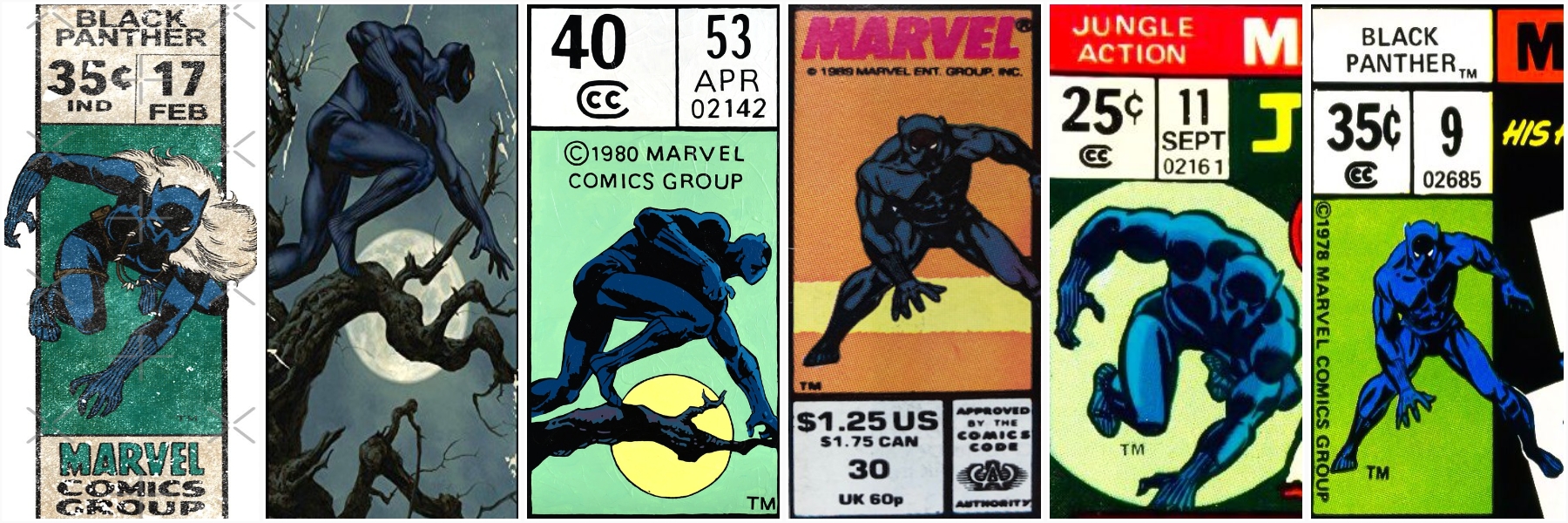

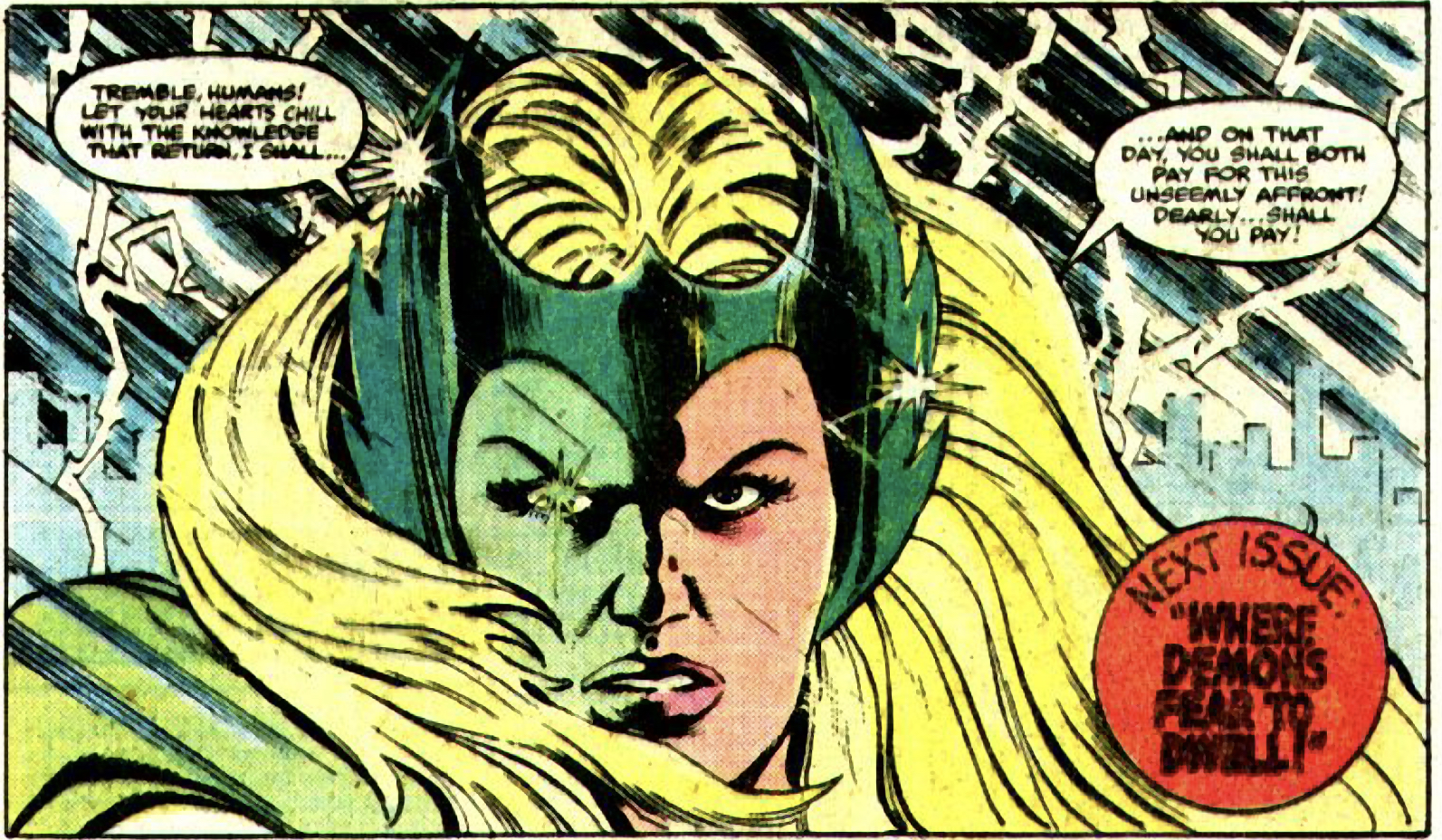



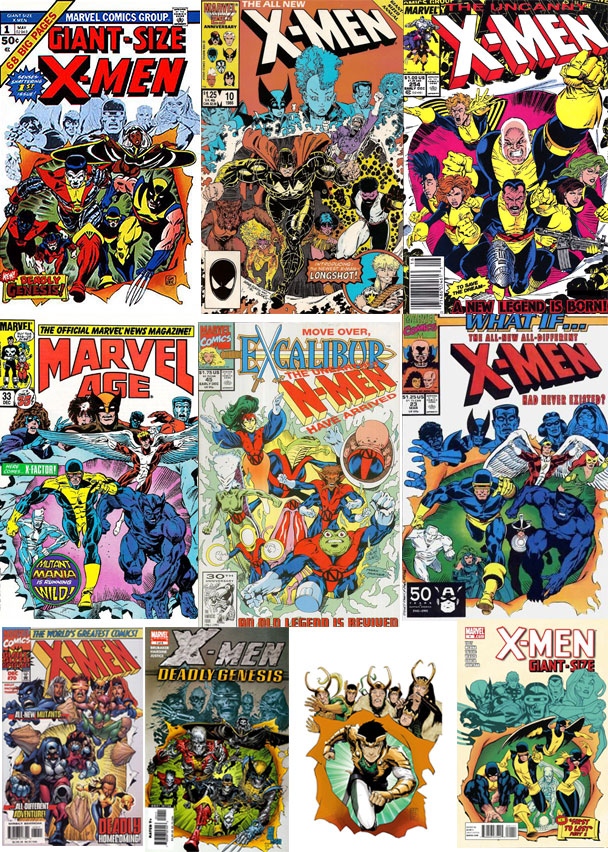



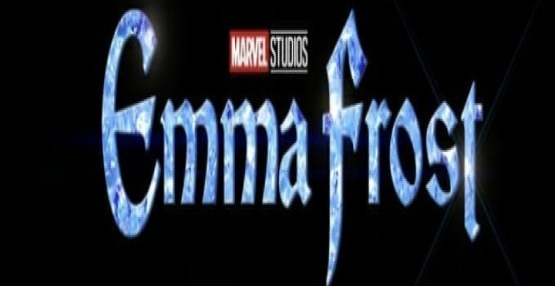



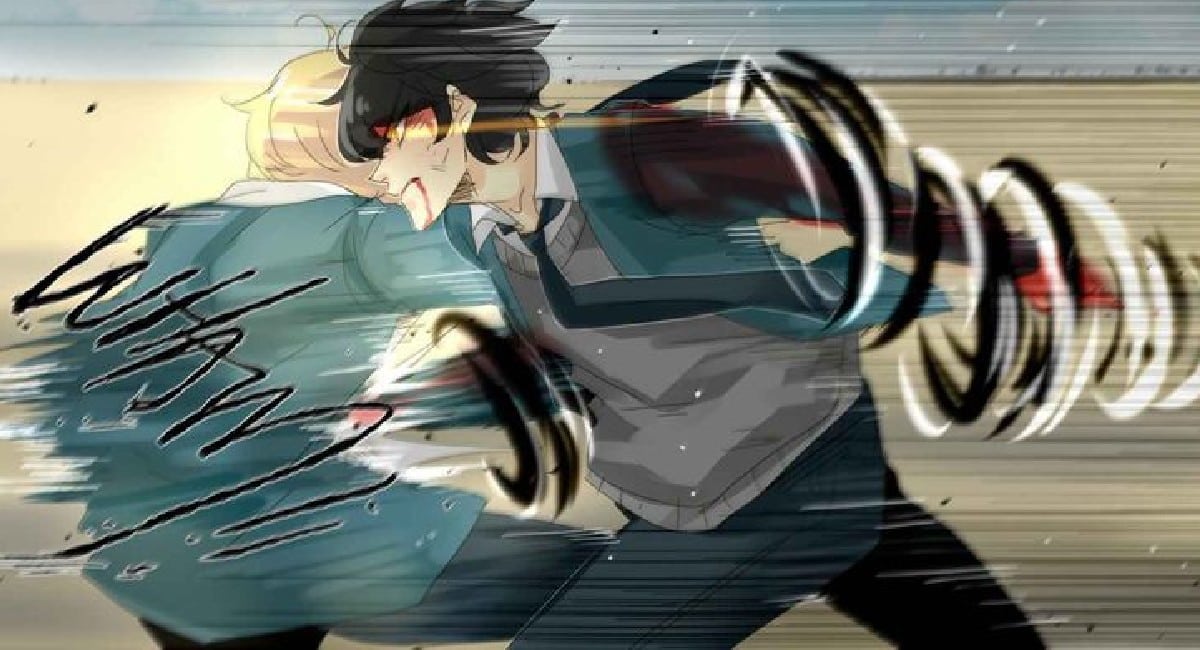

 English (US) ·
English (US) ·